
It was a perfect December day to listen to Christmas music. I was out running errands, driving in a light, winter snow. A lesser known Christmas song filled the car – “Do They Know It’s Christmas?” I’d heard the song on the radio before. But this time I paid attention to the lyrics. And what I heard stunned and saddened me.
“Do They Know It’s Christmas?” was originally performed back in 1984 by Band Aid, in order to raise money for drought-ridden Ethiopia. The song continues to live through cover versions by other artists over the past 30 years.
Even though the drought in the 80s was tragic and deadly, the lyrics of the song made huge generalizations then and are rather patronizing now, or at the very least, laughable. For instance:
“And there won’t be snow in Africa this Christmastime. The greatest gift they’ll get this year is life. Oh, where nothing ever grows, no rain or rivers flow…”
It’s true there’s not much snow in Africa. But there is snow atop the famous Kilimanjaro and even in some portions of South Africa. The lyric that makes me laugh the most?
“Oh, where nothing ever grows, no rain or rivers flow…”
This lyric actually makes me question if the songwriter has ever been to Africa! Yes, pockets of the continent struggle with drought. But Africa also showcases some of the most beautiful rainstorms, lush forests and vegetation on earth!
The song questions if those in Africa even know it’s Christmas. I can assure you they do. In 2010, it was estimated that there were more than 500 million Christians in sub-Saharan Africa alone and it’s predicted to double by 2050. These Christians celebrate the birth of Jesus with their families and church communities like the rest of the world.
I’ve asked some of my colleagues from a few of the East African countries we work in to tell us more about their Christmas traditions and customs.
Meet Nathnael from Ethiopia (Communications Specialist), Silas from Kenya (Africa Communications Specialist), and Adellah from Uganda (Communications Specialist).
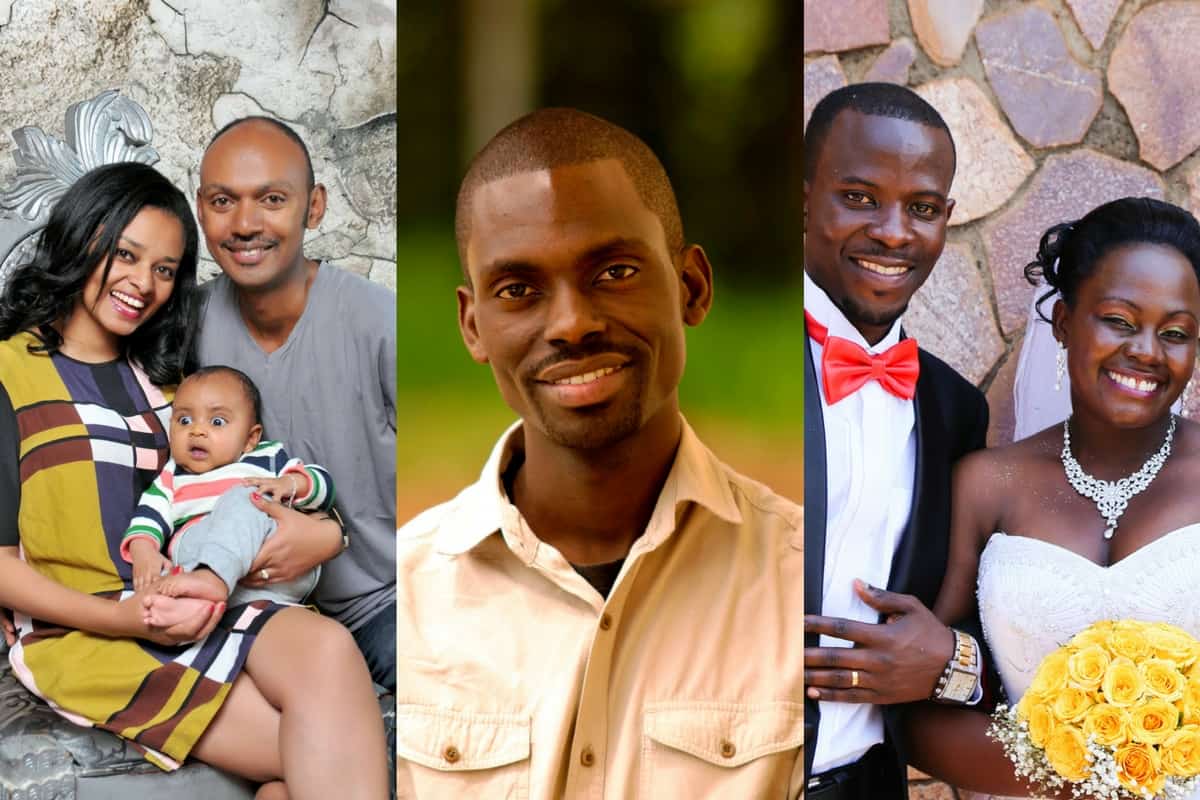
Nathnael Assefa, Silas Irungu, Adellah A. Mugisha
What does your family do to celebrate Christmas?
Nathnael: On Christmas Eve, we go shopping and buy some gifts to exchange with family members the next day. We also celebrate Christmas Eve by attending a church service that goes till midnight. We hear the word of God and engage in worship. On Christmas Day, we visit and host family and friends and have a big feast! We also give food and clothes to those children who live in the streets of the capital city, Addis Ababa. We wear white Ethiopian traditional clothes as part of celebrating the holiday.
Silas: Christmas is a time to celebrate the birth of Christ and be with family. Everyone goes to church to give thanks. Our capitol city, Nairobi, is quiet, as most people living in town go back to the rural areas to visit relatives.
Adellah: Those in the city travel upcountry to join other family members, attend church and celebrate by sharing a big meal.
Do you have any traditions that have been passed on from your parents or grandparents?
Nathnael: The men and boys play a game called “ganna.” It is similar to hockey, played with a curved stick and a round wooden ball. “YeGenna Chewata” is also the name of another hockey-like game which is said to have been played by the shepherds when they heard of the birth of Christ. Men and boys in villages play the traditional Genna game with great enthusiasm in the late afternoon on Christmas day – a spectacle much enjoyed by village communities and elders.
Silas: The lasting tradition in my family has been attending church and worship together. For children, it’s a great time to dress in new clothes and shoes. We also visit relatives living upcountry, exchange gifts and enjoy our favorite foods – it’s something our great grandparents and grandparents did, and we will continue the tradition!
Adellah: During the Christmas holidays, our parents would buy us new clothes and shoes and we’d all go to church together. We’ve continued doing that with our family!
Do you eat any special foods at Christmastime?
Nathnael: Popular Ethiopian foods eaten at Christmas are: Doro Wot, a spicy chicken stew eaten with the sourdough pancake-like bread called injera, “Tibs” (sautéed meat), “kitfo” (ground meat dish flavored with large quantities of melted butter and mitmita (chili pepper) served raw, rare or well cooked. Wot is eaten by hand with the Injera used to scoop up the Wot in bite-sized portions from large shared platters.
Silas: Yes! Chapati (a pancake-like bread) is my favorite, eaten with roast beef or goat. Often families will kill their own goat that they’ve been fattening for this occasion.
Adellah: We usually eat the same foods we eat over the year, but prepared differently and with extra spice and served in special dishes that are only used for special occasions.
While the song “Do They Know It’s Christmas?” is inaccurate, those behind it meant well. But I can’t help but think we’d all have more empathy for those hurting around the world if we look at our similarities rather than our differences.
As I spoke with Silas, Nathnael and Adellah, I took comfort in the similarities in my own family traditions. My African coworkers may not build snowmen or decorate trees, but eating special meals, being with family, and celebrating the birth of Jesus is something we can all celebrate. And maybe this year, my family and I can trade in the Christmas ham or turkey for a goat!
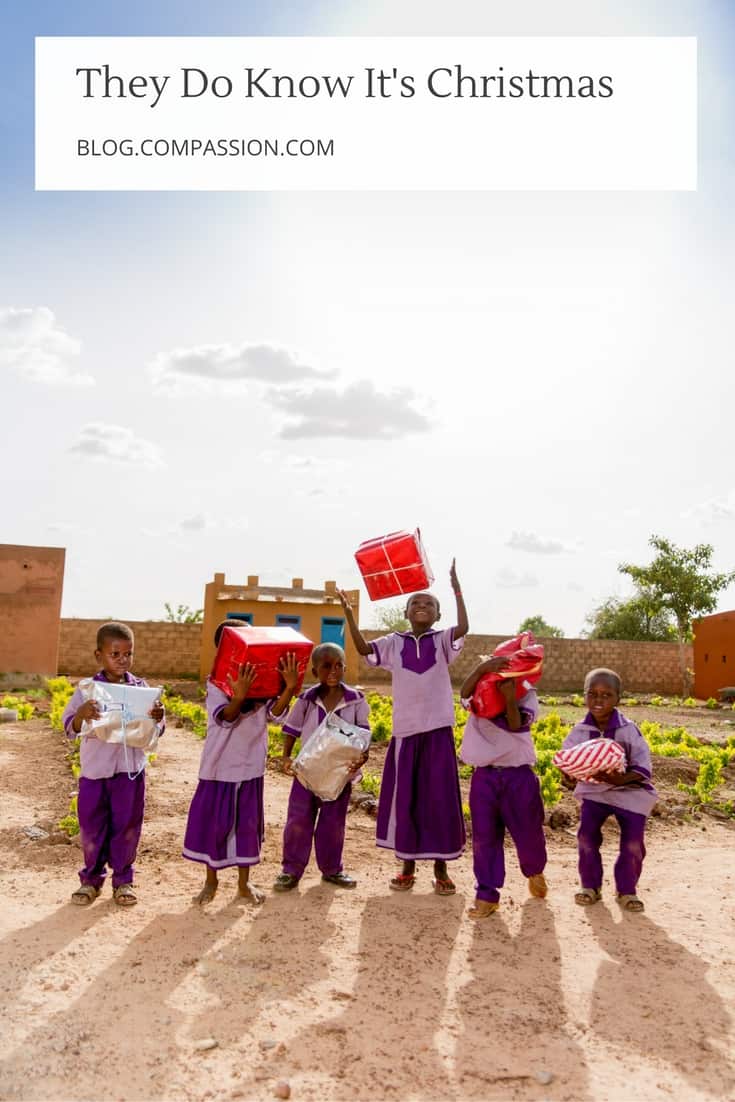

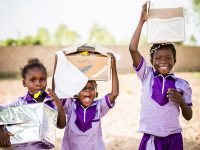
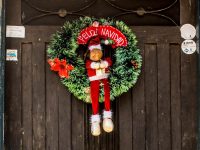
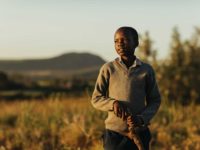



1 Comment |Add a comment
Thank you for the article Katy. My little sponsored girl is in Ethiopia and I did not know how to talk to her about Christmas, not knowing if it was celebrated there as in the west. So I simply asked her if and how it is celebrated in her country. God’s blessings to you as well as all of the people of Africa this season.